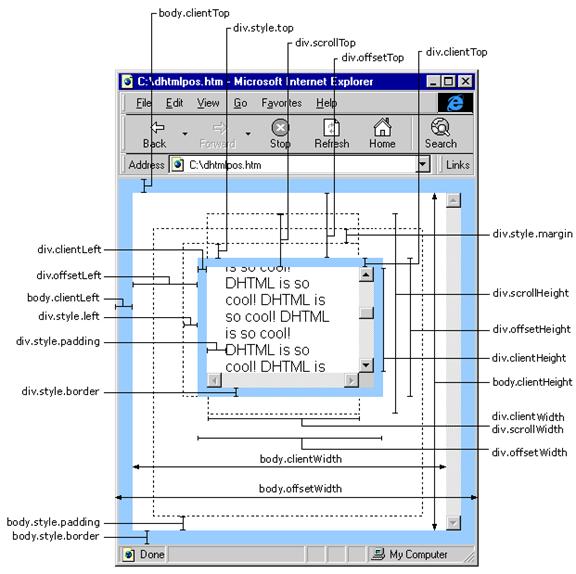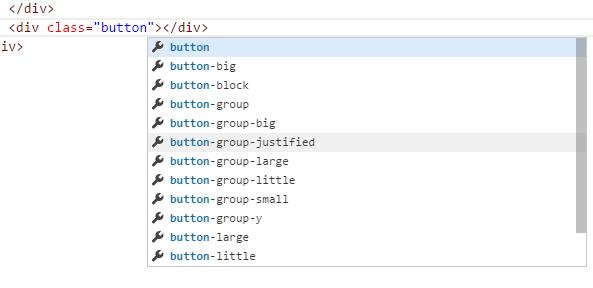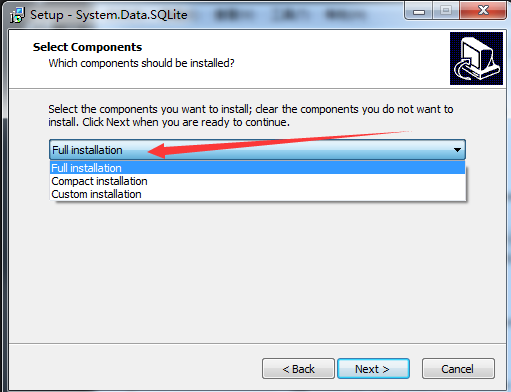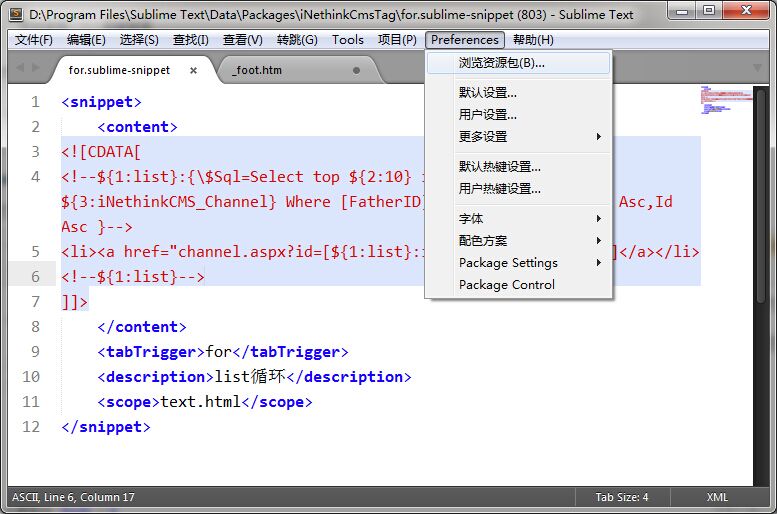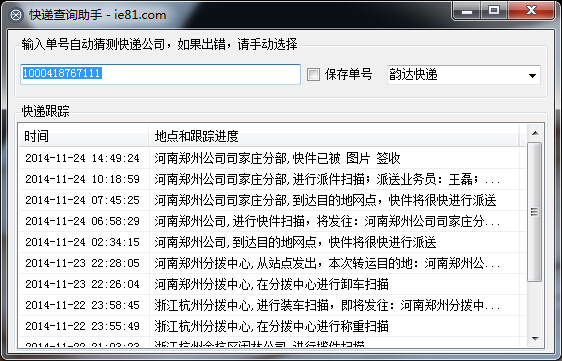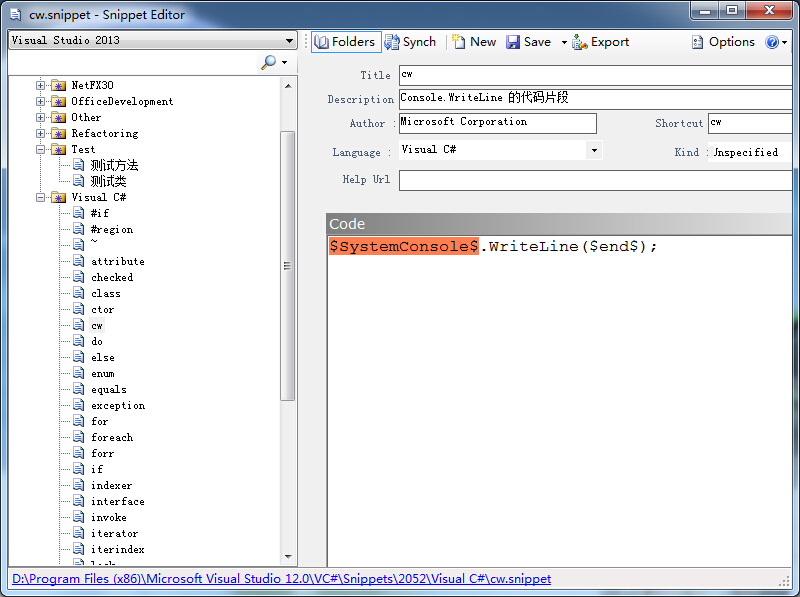一、编码规则
Base64编码的思想是是采用64个基本的ASCII码字符对数据进行重新编码。它将需要编码的数据拆分成字节数组。以3个字节为一组。按顺序排列24 位数据,再把这24位数据分成4组,即每组6位。再在每组的的最高位前补两个0凑足一个字节。这样就把一个3字节为一组的数据重新编码成了4个字节。当所要编码的数据的字节数不是3的整倍数,也就是说在分组时最后一组不够3个字节。这时在最后一组填充1到2个0字节。并在最后编码完成后在结尾添加1到2个 “=”。
例:将对ABC进行BASE64编码:
1、首先取ABC对应的ASCII码值。A(65)B(66)C(67);
2、再取二进制值A(01000001)B(01000010)C(01000011);
3、然后把这三个字节的二进制码接起来(010000010100001001000011);
4、 再以6位为单位分成4个数据块,并在最高位填充两个0后形成4个字节的编码后的值,(00010000)(00010100)(00001001)(00000011),其中蓝色部分为真实数据;
5、再把这四个字节数据转化成10进制数得(16)(20)(9)(3);
6、最后根据BASE64给出的64个基本字符表,查出对应的ASCII码字符(Q)(U)(J)(D),这里的值实际就是数据在字符表中的索引。
注:BASE64字符表:ABCDEFGHIJKLMNOPQRSTUVWXYZabcdefghijklmnopqrstuvwxyz0123456789+/
二、解码规则
解码过程就是把4个字节再还原成3个字节再根据不同的数据形式把字节数组重新整理成数据。
三、C#中的实现
编码类:
/// <summary>
/// Base64编码类。
/// 将byte[]类型转换成Base64编码的string类型。
/// </summary>
public class Base64Encoder
{
byte[] source;
int length, length2;
int blockCount;
int paddingCount;
public static Base64Encoder Encoder = new Base64Encoder();
public Base64Encoder()
{
}
private void init(byte[] input)
{
source = input;
length = input.Length;
if ((length % 3) == 0)
{
paddingCount = 0;
blockCount = length / 3;
}
else
{
paddingCount = 3 - (length % 3);
blockCount = (length + paddingCount) / 3;
}
length2 = length + paddingCount;
}
public string GetEncoded(byte[] input)
{
//初始化
init(input);
byte[] source2;
source2 = new byte[length2];
for (int x = 0; x < length2; x++)
{
if (x < length)
{
source2[x] = source[x];
}
else
{
source2[x] = 0;
}
}
byte b1, b2, b3;
byte temp, temp1, temp2, temp3, temp4;
byte[] buffer = new byte[blockCount * 4];
char[] result = new char[blockCount * 4];
for (int x = 0; x < blockCount; x++)
{
b1 = source2[x * 3];
b2 = source2[x * 3 + 1];
b3 = source2[x * 3 + 2];
temp1 = (byte)((b1 & 252) >> 2);
temp = (byte)((b1 & 3) << 4);
temp2 = (byte)((b2 & 240) >> 4);
temp2 += temp;
temp = (byte)((b2 & 15) << 2);
temp3 = (byte)((b3 & 192) >> 6);
temp3 += temp;
temp4 = (byte)(b3 & 63);
buffer[x * 4] = temp1;
buffer[x * 4 + 1] = temp2;
buffer[x * 4 + 2] = temp3;
buffer[x * 4 + 3] = temp4;
}
for (int x = 0; x < blockCount * 4; x++)
{
result[x] = sixbit2char(buffer[x]);
}
switch (paddingCount)
{
case 0: break;
case 1: result[blockCount * 4 - 1] = '='; break;
case 2: result[blockCount * 4 - 1] = '=';
result[blockCount * 4 - 2] = '=';
break;
default: break;
}
return new string(result);
}
private char sixbit2char(byte b)
{
char[] lookupTable = new char[64]{
'A','B','C','D','E','F','G','H','I','J','K','L','M',
'N','O','P','Q','R','S','T','U','V','W','X','Y','Z',
'a','b','c','d','e','f','g','h','i','j','k','l','m',
'n','o','p','q','r','s','t','u','v','w','x','y','z',
'0','1','2','3','4','5','6','7','8','9','+','/'};
if ((b >= 0) && (b <= 63))
{
return lookupTable[(int)b];
}
else
{
return ' ';
}
}
}解码类:
/// <summary>
/// Base64解码类
/// 将Base64编码的string类型转换成byte[]类型
/// </summary>
public class Base64Decoder
{
char[] source;
int length, length2, length3;
int blockCount;
int paddingCount;
public static Base64Decoder Decoder = new Base64Decoder();
public Base64Decoder()
{
}
private void init(char[] input)
{
int temp = 0;
source = input;
length = input.Length;
for (int x = 0; x < 2; x++)
{
if (input[length - x - 1] == '=')
temp++;
}
paddingCount = temp;
blockCount = length / 4;
length2 = blockCount * 3;
}
public byte[] GetDecoded(string strInput)
{
//初始化
init(strInput.ToCharArray());
byte[] buffer = new byte[length];
byte[] buffer2 = new byte[length2];
for (int x = 0; x < length; x++)
{
buffer[x] = char2sixbit(source[x]);
}
byte b, b1, b2, b3;
byte temp1, temp2, temp3, temp4;
for (int x = 0; x < blockCount; x++)
{
temp1 = buffer[x * 4];
temp2 = buffer[x * 4 + 1];
temp3 = buffer[x * 4 + 2];
temp4 = buffer[x * 4 + 3];
b = (byte)(temp1 << 2);
b1 = (byte)((temp2 & 48) >> 4);
b1 += b;
b = (byte)((temp2 & 15) << 4);
b2 = (byte)((temp3 & 60) >> 2);
b2 += b;
b = (byte)((temp3 & 3) << 6);
b3 = temp4;
b3 += b;
buffer2[x * 3] = b1;
buffer2[x * 3 + 1] = b2;
buffer2[x * 3 + 2] = b3;
}
length3 = length2 - paddingCount;
byte[] result = new byte[length3];
for (int x = 0; x < length3; x++)
{
result[x] = buffer2[x];
}
return result;
}
private byte char2sixbit(char c)
{
char[] lookupTable = new char[64]{
'A','B','C','D','E','F','G','H','I','J','K','L','M','N',
'O','P','Q','R','S','T','U','V','W','X','Y', 'Z',
'a','b','c','d','e','f','g','h','i','j','k','l','m','n',
'o','p','q','r','s','t','u','v','w','x','y','z',
'0','1','2','3','4','5','6','7','8','9','+','/'};
if (c == '=')
return 0;
else
{
for (int x = 0; x < 64; x++)
{
if (lookupTable[x] == c)
return (byte)x;
}
return 0;
}
}
}
//解码类结束提示:
上面的代码只是说明base64编码的原理,以便用更多语言重写。但.net里面可以使用更简单的方法:
编码:
byte[] bytes=Encoding.Default.GetBytes("要转换的字符串");
Convert.ToBase64String(bytes);解码:
//"ztKwrsTj"是“我爱你”的base64编码
byte[] outputb = Convert.FromBase64String("ztKwrsTj");
string orgStr= Encoding.Default.GetString(outputb);转自:http://www.cnblogs.com/tuyile006/archive/2008/01/17/1043178.html
